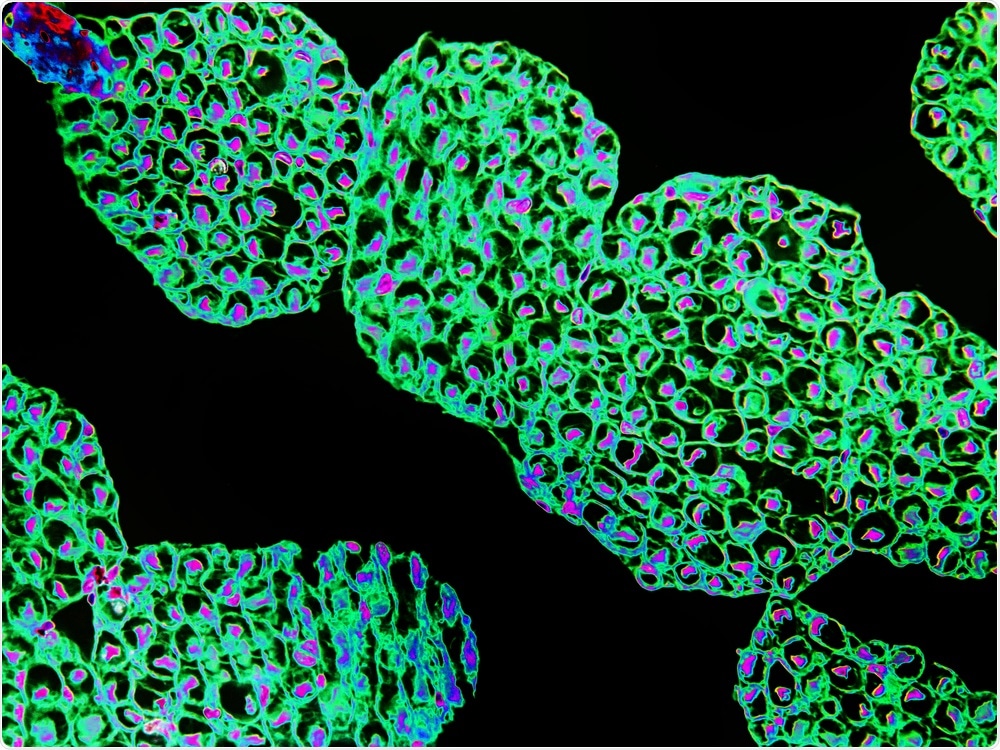Scientists have made an important discovery about the role of a protein called PRMT5 in the production of myelin – the substance that forms a protective sheath around the axons of nerve cells.
 Image Credit: Jubal Harshaw / Shutterstock
Image Credit: Jubal Harshaw / Shutterstock
As well as providing new insights into the role of PRMT5 in the development of the central nervous system (CNS), the research is also an important step towards improving the survival of patients with malignancies that need to be treated with PRMT5 inhibitors.
In the CNS, myelin is produced by glial cells called oligodendrocytes. Researchers know these myelinating oligodendrocytes are formed progenitor cells, but little is understood about the molecular mechanisms underlying oligodendrocyte generation.
Now, researchers at the Advanced Science Research Center (ASRC) at The Graduate Center of The City University of New York have made an important step towards identifying them.
Patrizia Casaccia and colleagues have shown that PRMT5 controls the molecules that prevent or promote the expression of genes involved in the survival of oligodendrocytes and myelin production.
We were able to show that when PRMT5 is present, the progenitor cells are able to differentiate and become myelin-producing cells."
Patrizia Casaccia
When PRMT5 function is missing, the cells essentially commit suicide before completing the transition to myelin-forming cells.
Casaccia says the finding is important from both a developmental and translational point of view. Not only do they allow an improved understanding of myelin formation and possibly its repair once damaged, but they warn of the potential toxic effects of the PRMT5 inhibitors that are used to treat certain malignancies.
A logical next step was to try and determine how, in the absence or malfunction of PRMT5, we could help the progenitor cells differentiate and create myelin. We were able to identify ways to rescue the differentiation process of oligodendrocyte progenitors lacking PRMT5.”
Antonella Scaglione, Lead Author
Casaccia and colleagues had previously made an important discovery about signals that interrupt myelin formation.
Enzymes called KATs (lysine acetyltransferase) carry out these signals and in the current study, the researchers showed that blocking KATs favored the production of myelin and overcame the effect of PRMT5 inhibitors. This finding has important implications for patients with malignancies treated with PRMT5 inhibitors.
Now, the researchers are focusing on how they can create conditions favorable for myelinating oligodendrocytes, with a view to promoting healthy cognitive and behavioral development, as well as finding new regenerative approaches to treating brain injury.
Source:
https://www.eurekalert.org/pub_releases/2018-07/asrc-sut071718.php